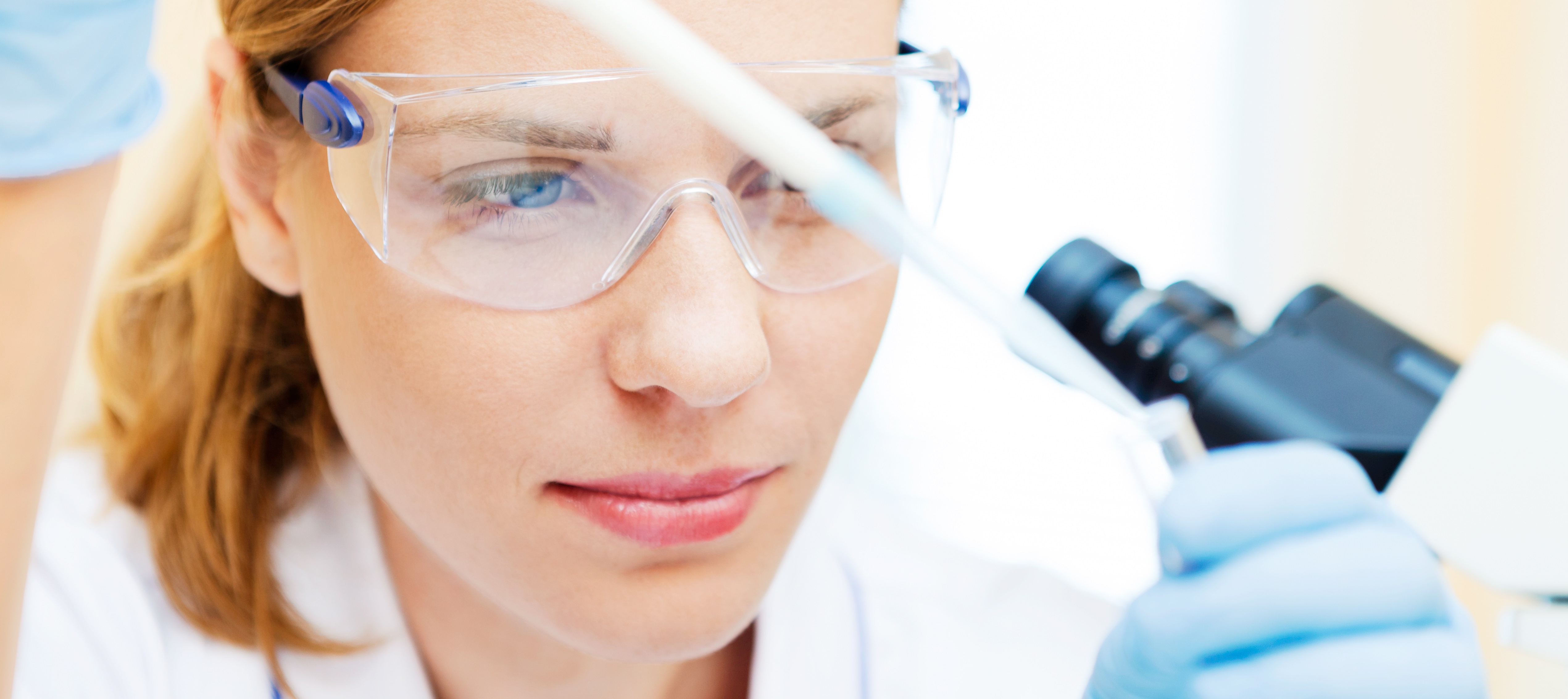 Special focused issue on Dried Blood Spots in Forensic Sciences
Special focused issue on Dried Blood Spots in Forensic Sciences
The January 2018 issue of Journal of Applied Bioanalysis (Vol. 4 No. 1) will be a specially focused issue dedicated to Dried Blood Spots (DBS) in Forensic Sciences.The Journal of Applied Bioanalysis invites the submission of abstracts on topics related to the special issue topic. Abstract proposals will be used to select and invite papers for final review and consideration. Not selected papers for this special issue will be published in a separate regular issue of Journal of Applied Bioanalysis.
The determination of analytes such as drugs and metabolites collected as dried blood spots (DBS) on filter paper cards has opened up a relatively noninvasive option in the testing of samples for neonatal screening and large-scale epidemiological studies. The concept of obtaining blood on filter paper was introduced in the nineteen sixties for the screening of metabolic diseases and from which the measurement of numerous analytes using the blood spot method has been expanded.
The approach for storing the sample as a DBS has facilitated population screening of newborns for the detection of treatable, inherited metabolic diseases and now can be used for drug testing for forensic purposes. In principle, any analyte that can be measured from whole blood, serum, or plasma can also be measured in the DBS. The only caveats are that the analytes to be measured in DBS must be stable to drying and must be selectively released from the paper upon elution. Procedures for DBS collection, processing, and storage have been fairly standardized and are easily adaptable. The analysis of these DBS, does, however, pose challenges to analysts i.e, extraction of analytes without red blood cellular material, the efficiency of this extraction and relatively sample volume of DBS used in analyses. The low concentrations of analytes add another challenge for analysts using DBS in forensic samples.
Journal of Applied Bioanalysis invites high quality, short or full length, data-driven research papers, reviews and perspective articles related to all aspects of applications and techniques of dried blood spots (DBS) in forensic sciences.
Areas of interest include but are not limited to:
- Opiates and Opioids
- Conventional Cannabinoids (THC, THC-OH, THC-COOH)
- Synthetic Cannabinoids and Cathinones (JWH-metabolites, Bath Salts)
- Amphetamines and designer drugs (Amp/Meth, MDA, MDMA)
- Cocaine and metabolites
- Benzodiazepines and designer benzodiazepines
- Drugs employed in Drug-Facilitated Crime: GHB, GBL, GVL, 1,4 Butanediol
- Medications used in Driving Under the Influence cases (Ambien)
- Antipsychotics (Seroquel)
- Chromatographic and Derivatization techniques (LC-MS-TOF, CE, GC-MS-TOF)
The timeline for this special focused issue is as follows:
- Manuscript submission opens on: June 1, 2017.
- Deadline submission of first drafts: December 1, 2017.
- Publication of special focused issue: March 15, 2018.
Open Access manuscript fees
All content of Journal of Applied Bioanalysis is free accessible (open access). There are Article Processing Charges (APC) for this special focused issue of € 350.
Manuscript submission
First-draft manuscripts have to be submitted via the Scholastica manuscript and peer-review platform. Submit your manuscript here

 Linzhi Chen, PhD (Boehringer Ingelheim Pharmaceuticals, CT, USA).
Linzhi Chen, PhD (Boehringer Ingelheim Pharmaceuticals, CT, USA). Morse Faria, PhD (PPD Laboratories, Richmond, VA, USA).
Morse Faria, PhD (PPD Laboratories, Richmond, VA, USA).
